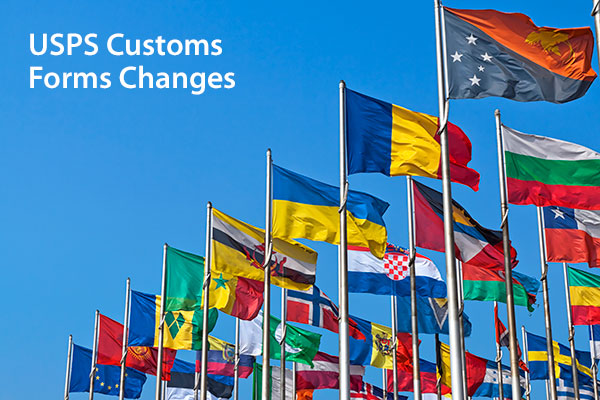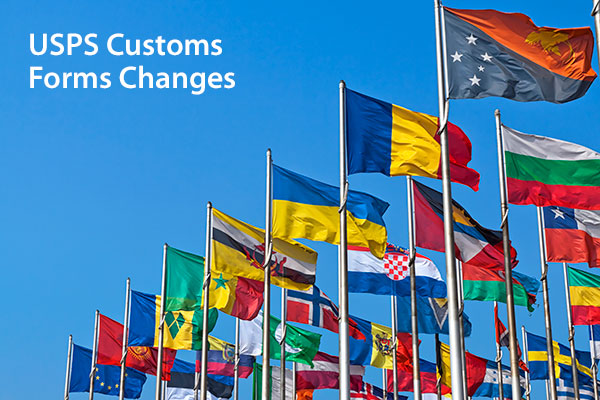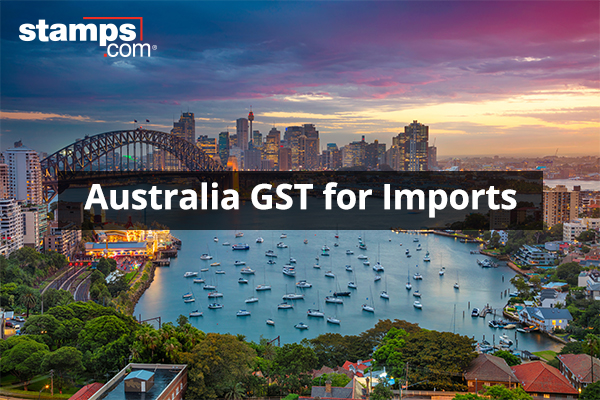
New USPS Customs Declaration Form Policy
Starting March 6, 2020, the United States Postal Service will no longer accept handwritten customs declarations forms. Customers sending packages from USPS retail locations on or after March 3 will be required to use PS Form 2976-R, USPS Customs Declarations and Dispatch Note. Packages found with handwritten customs declarations forms will be deemed unbailable and returned to the sender.
Note: Military Mail items sent from Military Post Offices will temporarily be exempt from this new regulation until further notice.
When to Use a Customs Form
Customs forms are required when USPS mail is sent to an international destination or sent via Military Mail and weighs more than 16 ounces. As of the publication of this blog post, the USPS offers several customs forms for international mail—the weight, value, mail class and destination of the package determine which form to use. However, with the upcoming changes to USPS customs declaration policy the following forms will be discontinued and replaced with PS Form 2976-R:
- PS Form 2976, Customs Declaration CN 22
- PS Form 2976-A, Customs Declaration and Dispatch Note CP 72
- PS Form 2976-B, Priority Mail Express International Shipping Label and Customs Form
Stamps.com Makes International Shipping Easy
Stamps.com customers have access to automated forms for every USPS shipping scenario—you will never have to worry about looking for the appropriate form or sending a package with an outdated form. Customers can fill out all necessary forms in the Stamps.com interface, print out postage, address labels, and forms, all in one easy step.
To complete USPS customs forms in Stamps.com, you’ll need to supply some basic information, including whether your package is a commercial sample, gift, document, return or other. You’ll also be asked to specify the quantity of each unique item, along with a description, value, weight, country of origin and HS tariff number.


